Ur was a Mesopotamian city that thrived as long ago as the Bronze Age. UR the game sees you, the players, as rival kings looking to establish your populations within the city.
At the start of the game you begin with one tile and some cubes of your own colour. The city itself is made up of 6×6 tiles that you deal out randomly to make a ‘board’. All the tiles are double-sided and each side contains an ‘action’. You also have a tile in your hand, and on your turn you have two actions to spend, that can be used in a number of ways:
You can either action both sides of your tile, or just one of them (and add a cube to your presence on the board) or neither (and add two cubes to your presence on the board, or occupy a new tile with one cube). The actions represent culture, politics, war, agriculture and commerce (if it makes things easier, just refer to the colours instead), as all the actions do pretty much the same thing: they move cubes. How they do it is slightly different for each colour, and we won’t go into that much detail here, but essentially you’re trying to establish control of the city through the use of the actions.
Having taken your turn, you then swap your own tile in with any unoccupied tile in the city, ready for your next turn. This is the heart of what makes UR a tricky beast, because the city is forever changing, and the tile you leave behind will be available for an opponent to pick up on a future turn…
You can also sacrifice one of your actions to add a cube to a tile in the city you already control, or sacrifice both actions to put a cube on an unoccupied tile anywhere in the city. A final option is sacrificing both actions to build a ziggurat on a tile you occupy, which guarantees you no-one will steal the tile it sits on – and gets you points at the game’s end.
When the game ends you score the tiles you own: they score as sets of the different colours; and the ziggurats can either function as jokers or sneakily allow you to claim a set of six, even though there are only five colours.

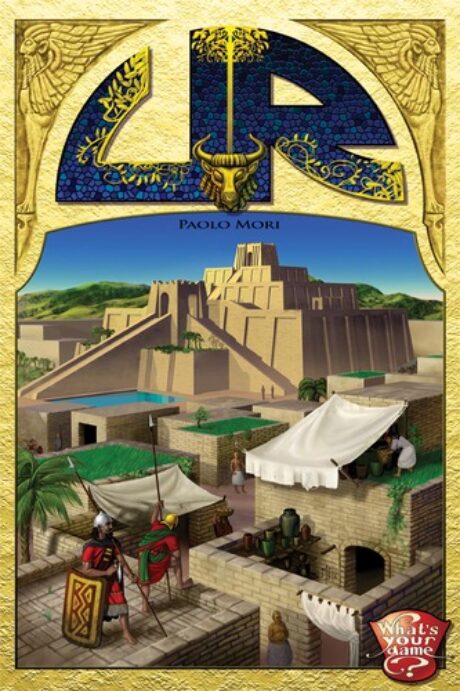
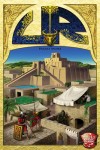


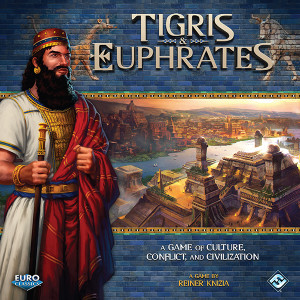
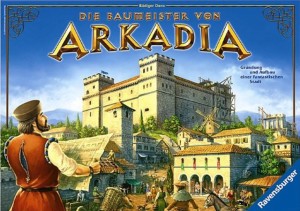
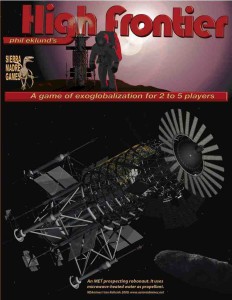
Sam says
It's the game that's impossible to pitch to doubting friends! Quite apart from the fact that UR is a puzzle-heavy abstract game, the name of a Mesopotamian city also makes for the least decisive-sounding title in boardgames history. So with all that in mind, probably not the option post-dessert with pals whose last game experience was Trivial Pursuit in 1994. But... but, if you like the kind of thinking battle that Chess offers, only broadened to include more players, and more (although not too many more) rules, UR may be the thing you've been searching for.